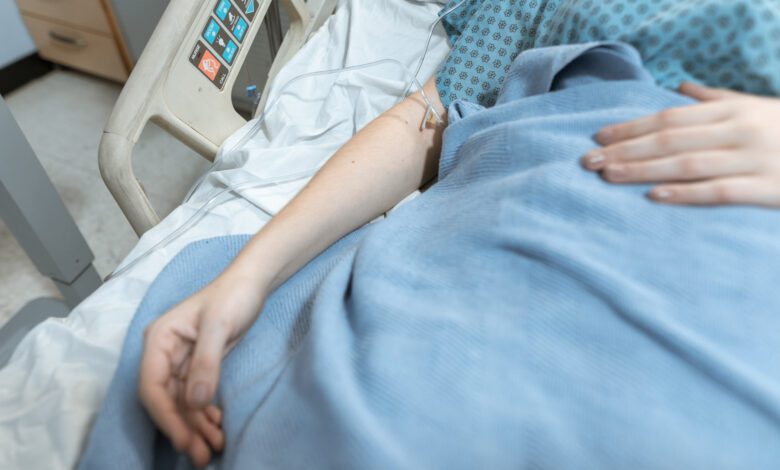NHS: Nearly Two Million Britons Admitted to Hospitals Due to Urinary Tract Infections
Over half of those admitted to the hospital were aged 65 or older.


Over the past five years, nearly two million hospital admissions have been attributed to urinary tract infections (UTIs), according to NHS England.
The health service is advocating for heightened awareness of UTI symptoms, particularly among the elderly population who are more susceptible to these infections, as well as their caregivers. This initiative aims to reduce the significant number of hospital visits. NHS England reported that from 2018/19 to 2022/23, there were 1.8 million hospital admissions either directly related to a UTI or where patients were admitted for other reasons but were also found to have a UTI – commonly referred to as a water infection.
Of these admissions, 800,000 were a direct consequence of a UTI, including 147,285 cases with a primary UTI diagnosis in the past year.
NHS figures, released in conjunction with a new awareness campaign by the NHS and the UK Health Security Agency (UKHSA), indicate that over 65-year-olds accounted for over half (56 per cent) of this group.


UTI symptoms encompass an increased urgency or frequency of urination, a burning sensation or pain during urination, new discomfort in the lower abdominal region, kidney or lower back pain, presence of blood in urine, and in older individuals, alterations in behaviour such as agitation or confusion.
However, individuals can take proactive measures to mitigate their risk, including maintaining proper hydration through regular fluid intake, promptly using the toilet when necessary, and practising regular hygiene.
Professor Sir Stephen Powis, NHS England’s National Medical Director, cautioned, “If left untreated, UTIs can escalate into serious infections, potentially leading to hospitalization. Therefore, if you or someone under your care experiences symptoms like painful urination, a high fever, lower abdominal pain, or behavioural changes, please seek advice promptly from your GP, a walk-in centre, community pharmacist, or by contacting NHS 111. Early detection of a UTI enables swifter and more effective treatment.”



